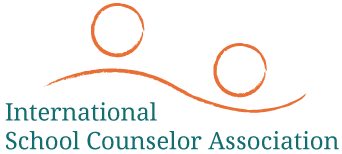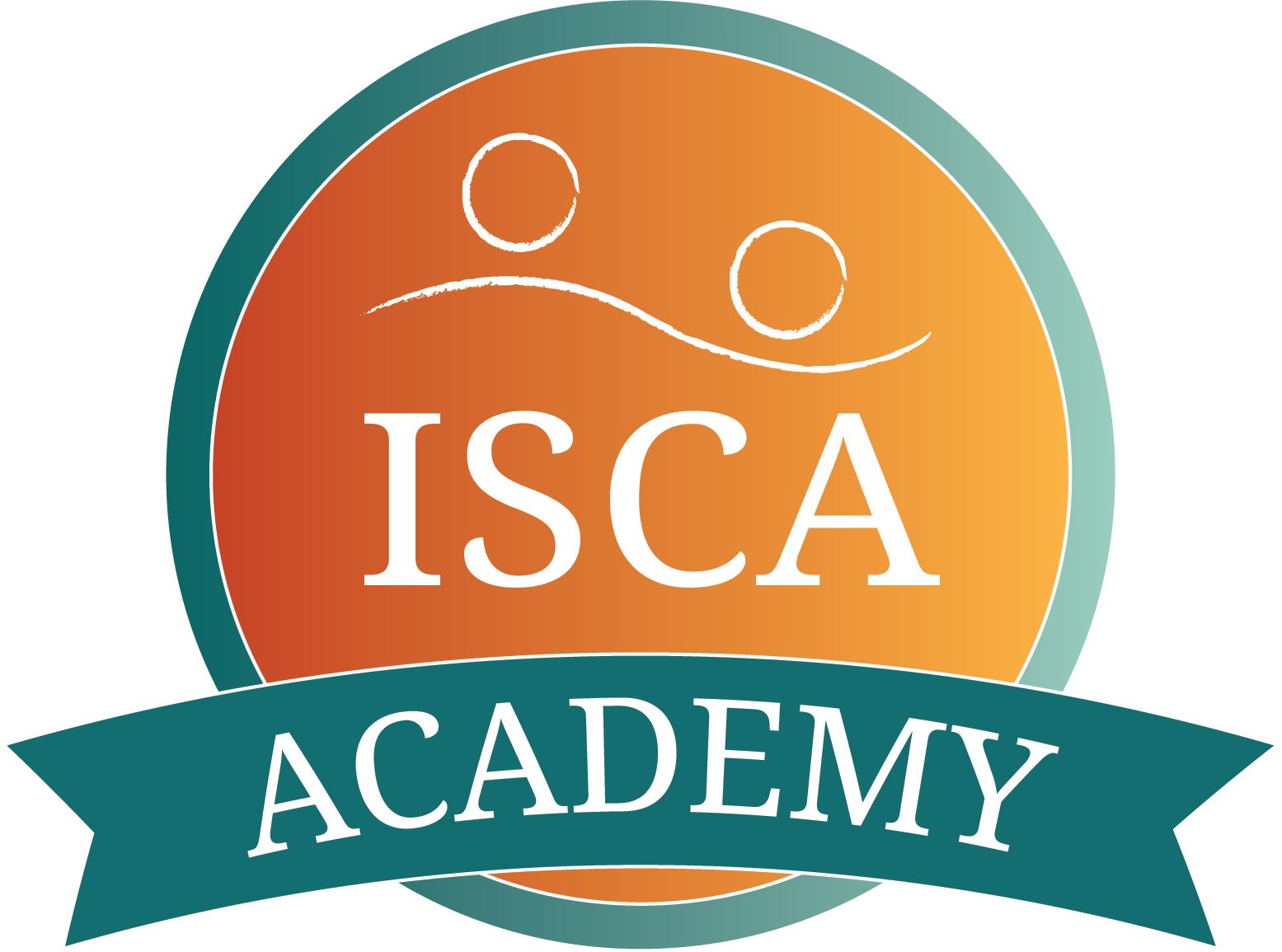- Home
- Cognitive Behavior Therapy: Foundations
Cognitive Behavior Therapy: Foundations
|
Course Title |
Cognitive Behavior Therapy: Foundations
Previously named: Counseling Theory: Cognitive Behavior Therapy Foundations |
Course Number | ISCA 801 |
Course Overview | The aim of this course is to deepen the theoretical knowledge and familiarity of school counselors in evidence based counseling practices and learn age-appropriate practical skills to use with youth in a school setting – specifically related to the interchange of emotions, behaviors, and cognitions. This experiential course is designed to provide a foundational understanding of CBT and how to implement the cognitive behavioral approach in an educational setting. Counselors will leave with new skills to target emotion regulation, behavioral management, stress and anxiety, and cognitive flexibility that can be used immediately in their school counseling program. |
Social Emotional Domain SE:A1:1: Students will Identify personal values, attitudes, and beliefs SE:A1:2 Students will Identify and express feelings and emotions SE:A1:3 Students will develop self-awareness and self-management skills essential for mental health SE:A1:4 Students will take action (individually or with support) to positively impact one’s own mental health SE:A1:5 Students will describe the relationship between feelings and behavior SE:A1:6 Students will develop healthy ways to identify, express, and respond to one’s emotions |
B-PF 1. Apply developmental, learning, counseling and education theories: c. Use established and emerging evidence-based counseling theories and techniques that are effective in a school setting to promote academic, career and social/emotional development, including but not limited to rational emotive behavior therapy, reality therapy, cognitive-behavioral therapy, Adlerian, solution-focused brief counseling, person-centered counseling and family systems d. Use counseling theories and techniques in individual, small-group, classroom and large-group settings to promote academic, career and social/emotional development (ASCA Professional Standards & Competencies 2019) |
Intended Audience |
This course is suitable for counselors new to international school counseling as well as for those who have years of experience and want to learn more about CBT. *To note for counselors in early learning school settings: CBT is helpful for all ages, but it’s especially effective for kids 10 and up.
|
Essential Questions |
|
Knowledge | Skills |
Participants will have knowledge about: | Participants will be able to: |
|
|
About the Facilitator |
Sarah Petrou is a Social Worker and psychological counselor from Australia, currently residing in Berlin. For the past 5 years, Sarah has been providing psychological support in tertiary mental health settings, universities, schools, and private practice. Sarah holds a Bachelor's degree in Psychological Science and a Master's degree in Social Work from Australia. Sarah works from a strengths-based perspective and uses a blended approach in sessions, drawing upon a range of therapies and frameworks. |
Dates and times of offerings | January 30, February 6 and 13, 2025 - 9:00AM to 12:00PM UTC |
Contact hours | 9 hours |
Time commitment between sessions |
It is highly recommended that you practice the skills you will be utilizing, so a logical time commitment is 1-2 hours between sessions. We will dedicate time to reviewing your interventions for learning and problem solving.
|
Required Resource(s) | There will be recommended readings via Canvas. |
References | American School Counselor Association (2019). ASCA School Counselor Professional Standards & Competencies. Alexandria, VA: Author. Cognitive therapy and the emotional disorders / Aaron Beck Reflection in CBT / Beverley Haarhoff |


 Sarah Petrou
Sarah Petrou
